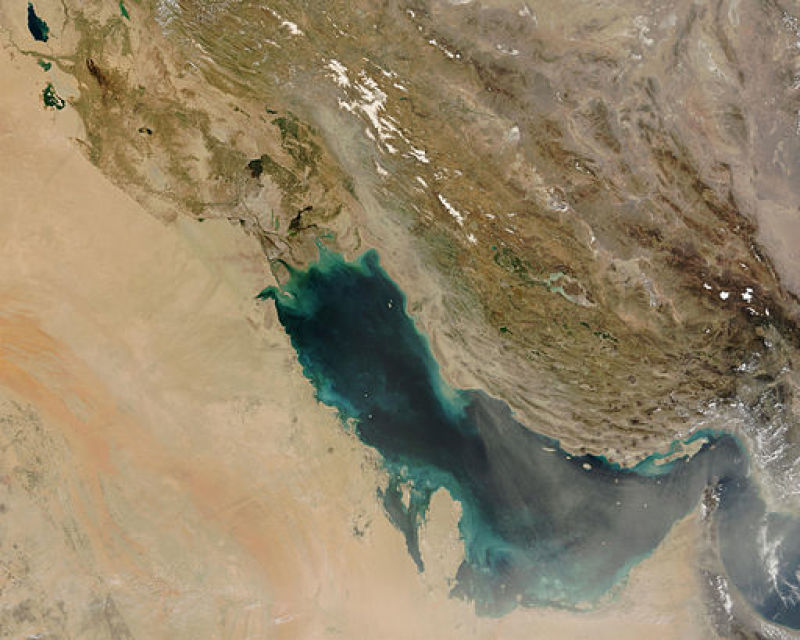
Climate scientists warned that temperatures in the Persian Gulf could become too hot for humans to handle by the end of the century.
Fortunately, the experts noted that this can still be avoided if effective efforts to curb gas emissions are enacted soon, USA Today reported.
According to a study conducted by lead authors Elfatih Eltahir of the Massachusetts Institute of Technology and Loyola Marymount University's Jeremy Pal, the increasing global climate could further push the overall temperature in the region, which is already known for its dry and humid environment.
As explained by the scientists, if climate change continues, heat waves with temperatures that can exceed the level that humans can tolerate will hit various major cities in the area such as Abu Dhabi, Dubai, Saudi Arabia and Quatar.
Specifically, the study showed that the heat index in these areas could reach up to 165 to 170 degrees and could last for six hours. This temperature level can overwhelm the human body and prevent it from cooling itself through sweating.
The authors of the study predicted that by 2070, these heat waves could become a common phenomenon during the summer seasons.
"You can go to a wet sauna and put the temperature up to 35 (Celsius or 95 degrees Fahrenheit) or so," Eltahir explained according to the Associated Press. "You can bear it for a while, now think of that at an extended exposure."
As reported by the New York Times, this can be dangerous for those without air-conditioning systems in their homes or offices and for individuals whose jobs require working outdoors.
Aside from possible deaths due to the extreme heat, the climate condition could also force thousands of people to evacuate the areas since the searing temperature could render these places inhospitable.
"Some of the scariest prospects from a changing clime involve conditions completely outside the range of human experience," Chris Field, a climate researcher from the Carnegie Institute for Science said in a statement in response to the new study.
"If we don't limit climate change to avoid extreme heat or mugginess, the people in these regions will likely need to find other places to live," he added.
According to the scientists the development of the extreme condition is being caused by a combination of the Persian Gulf's geography and climate and the increasing heat trapped by gas emissions.
But, Elathir noted that this future scenario can still be avoided as long as the various countries do their part in limiting their emissions.
The study was published on October 26 in the scientific journal Nature.


















